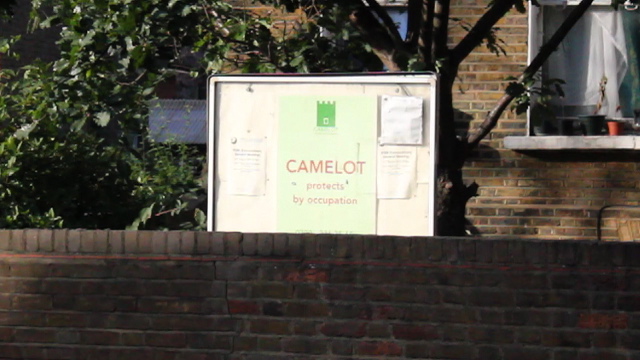What is Anti-squat?
Anti-squat is a relatively new phenomenon, it is intended as a way to offer affordable housing in inner city areas, whilst also offering a solution to the problem of vacant properties. Like most traditional squatters, the residents maintain the property. Unlike traditional squatters, the residents, or live-in guardians as they are sometimes known, are living in the vacant property with the owners’ permission. Residence via anti-squatting is arranged via a third party who the property owner pays to arrange the service. The residents often pay a comparatively low level of rent but are bound by strict rules, contravention of which can see them homeless within days. Plus their complicated tenancy status means they are not ‘residents’ in the traditional sense of the word that the law would understand, meaning that their rights can be compromised.
Inspired by the Broedplaatsen (“broedplaats” is a hatchery or breeding ground) in Amsterdam which are designed to offer affordable work/living spaces for artists and what they refer to as “cultural entrepreneurs”. It is a model which has been used to challenge the concept of squatting and even the laws that allow it to occur. It has also been suggested that it may have a sanitising effect on the cultural and artistic scene of a locality. An idea explored by Tino Buchholz in his documentary Creativity and the Capitalist City. Tino also questions the idea that culture can be used for the economic regeneration of a city as per the ideas of Richard Florida.

Anti-squat in the U.K.
A company by the name of Camelot is one of the biggest proponents of anti-squat in the U.K. Their work is also being used to challenge the squatting laws here too. The model used by Camelot in the U.K is vastly similar to that in Amsterdam, however Amsterdam has a much wider ranging welfare state than the U.K meaning that they have less homelessness; herein lies a problem. Squatting is sometimes used as a solution by homeless or vulnerably housed people and therefore it should perhaps be questioned whether or not a scheme like anti-squat should be used as a basis for challenging squatting laws. Especially given the strict rules that are imposed by companies like Camelot, such as having a provable income, are probably unlikely to be met if a person is homeless. Moreover, a person will not be accepted if they have a criminal record, so if squatting is made illegal, partly on the basis that anti-squat schemes like Camelot exist, a whole group of people that need the service might instantly become criminalised. These are amongst the many concerns that arise from anti-squat and its use a vehicle for outlawing squatting altogether.
On 22nd Sept 2010 Spectacle attended the 3rd annual Camelot Guardian Art competition at The Hatton, Faringdon. There we conducted interviews with Bob De Vilder, Marketing & Sales Director Camelot Europe and some current live in guardians. We discussed the scheme and some of the criticism surrounding its application. Please see our archive section to view these interviews. Please also bear in mind that the guardians were in the presence of, although not directly being observed by, Camelot employees at the time of the interview.
Click PlanA for more blogs on urbanism, planning and architecture.
Or visit our project pages on London Olympics 2012 and Eco Towns and Villages for more information and videos on urbanism, planning and architecture.
Spectacle homepage
Befriend Spectacle.Docs on Facebook
Follow SpectacleMedia on Twitter
